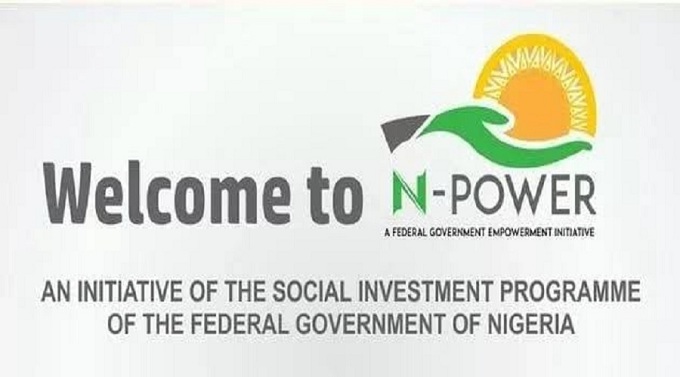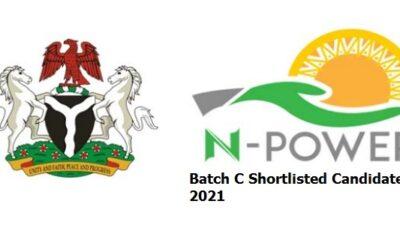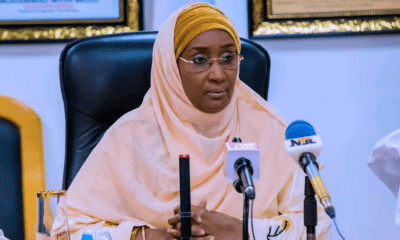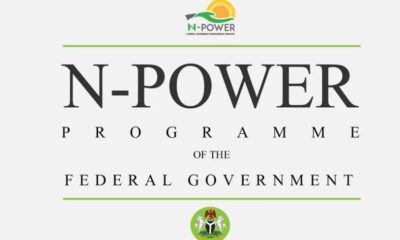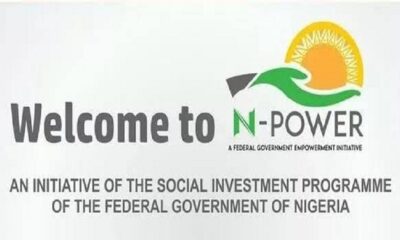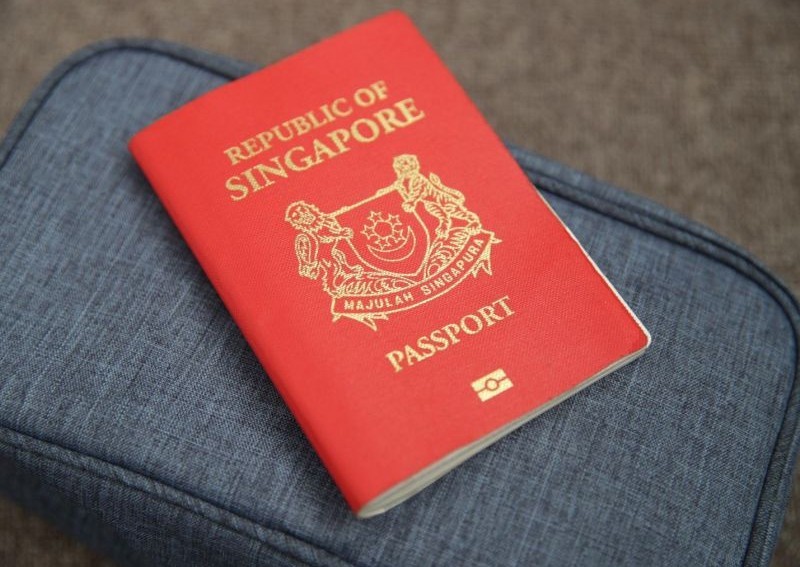Real Madrid has announced record-breaking revenue exceeding €1 billion for the 2023/24 fiscal year.
The club’s latest financial report reveals a €1.073 billion ($1.16 billion) in revenue, a substantial 27% increase from the previous year.
This impressive growth comes despite the ongoing overhaul of the Santiago Bernabéu, which has temporarily limited its full operational capacity.
The revenue surge highlights the club’s ability to generate substantial income through various channels, including marketing and stadium operations.
Real Madrid’s success is not confined to the pitch; it has achieved significant commercial milestones.
The 2023/24 season saw the club secure its sixth UEFA Champions League title in a decade, alongside domestic triumphs in La Liga and the Super Cup.
Also, Real Madrid’s basketball team also enjoyed a stellar season, clinching the Spanish league title, King’s Cup, and Spanish Super Cup, while reaching the Euroleague finals.
Despite a decline in broadcasting revenues from La Liga, the club’s financial performance has been buoyed by increased marketing and sponsorship deals.
Notably, Real Madrid secured a new shirt sleeve sponsorship with HP, contributing to a substantial rise in marketing revenues.
The club’s EBITDA soared to €144 million ($156 million), a 71% increase from the previous year, reflecting its robust financial health and operational efficiency.
The ongoing renovation of the Santiago Bernabéu Stadium, with a total investment of €1.163 billion ($1.262 billion), is set to further enhance the club’s revenue streams.
The final phase of the renovation, including VIP areas and event spaces, is expected to be completed by the 2024/25 financial year.
This development will likely drive additional revenue growth, reinforcing Real Madrid’s financial strength.
The club’s net worth stands at €574 million ($623 million), with a modest net debt of just €8 million ($8.6 million) as of June 30, 2024.
The financial results highlight Real Madrid’s resilience and strategic acumen, particularly in managing significant investments and leveraging commercial opportunities.
“Achieving over €1 billion in revenue is a groundbreaking accomplishment for Real Madrid,” said a club spokesperson.
“Despite the challenges posed by the stadium renovation, we have successfully driven growth through innovative marketing strategies and commercial partnerships. Our focus remains on building a stronger future both on and off the field.”
As the club prepares for the 2024/25 season, the anticipated arrival of Kylian Mbappé on a free transfer is expected to further boost commercial prospects and enhance the club’s marketability.
The combination of sporting success, strategic investments, and a renovated stadium positions Real Madrid for continued financial and on-field success.
Real Madrid’s achievement reflects broader trends in football finance, where top clubs are increasingly leveraging commercial opportunities to achieve unprecedented revenue milestones.
The club’s performance sets a new benchmark for financial success in the sport and underscores its enduring global appeal.

 Billionaire Watch3 weeks ago
Billionaire Watch3 weeks ago


 Startups4 weeks ago
Startups4 weeks ago


 News4 weeks ago
News4 weeks ago


 News4 weeks ago
News4 weeks ago


 Bitcoin4 weeks ago
Bitcoin4 weeks ago
 Naira4 weeks ago
Naira4 weeks ago
 Forex3 weeks ago
Forex3 weeks ago
 Treasury Bills4 weeks ago
Treasury Bills4 weeks ago
